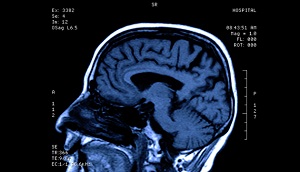Attention A T users. To access the menus on this page please perform the following steps.
1. Please switch auto forms mode to off.
2. Hit enter to expand a main menu option (Health, Benefits, etc).
3. To enter and activate the submenu links, hit the down arrow.
You will now be able to tab or arrow up or down through the submenu options to access/activate the submenu links.
Locator
Contact
Search
VA »
Health Care »
War Related Illness and Injury Study Center
» Education
»
Traumatic Brain Injury (TBI)
War Related Illness and Injury Study Center
Menu
Menu
- War Related Illness and Injury Study Center
- WRIISC Home
- About Us
- Clinical Services
- Research
- Education
- Training/Mentorships
- Airborne Hazards & Burn Pits Center of Excellence
- Complex Exposure Threats Center of Excellence
- Women’s Operational Military Exposure Network
- Exposure-Related Care Transformation Center
- FAQ
- Contact Us
- Veterans & Public Health
- More Health Care
- Veterans Health Administration
- Health Benefits
- Conditions & Treatments
- Wellness Programs
- Locations
- Research
- Special Groups
- Careers, Job Help & Training
- About VHA
Traumatic Brain Injury (TBI)
 |
VA's public health website contains the most recent, up to date information on this topic.



















